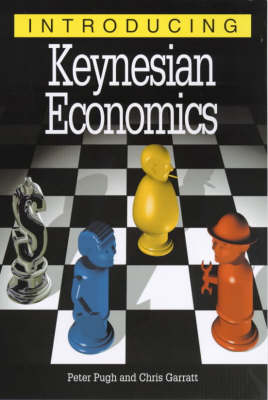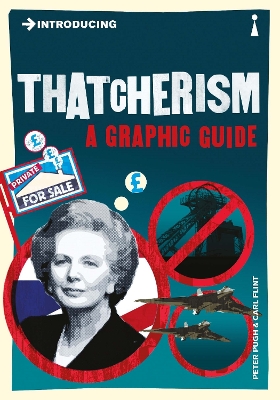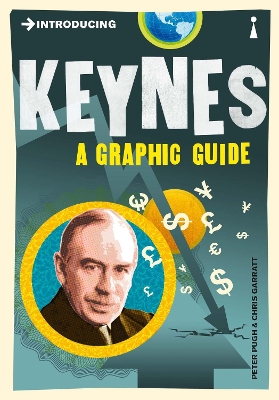Introducing...
3 total works
John Maynard Keynes was the most brilliant and infuential economist of the 20th century. His revolutionary treatise written during the Great Depression of the 1930s, "The General Theory of Employment, Interest and Money", overturned the conventional free market vision of the time and proposed that a healthy economy and full employment depended on the total spending of consumers, business investors "and" governments. Frightened by mass unemployment, governments throughout the capitalist world pursued Keynesian policies until the late 1970s, when a new economic theory, Monetarism, became fashionable. However, Monetarism was not as successful as its advocates had precdicted, and a Keynesian approach returned to favour. Keynes "remains" the most influential economist of the 20th century. "Introducing Keynesian Economics" lucidly explains the Keynesian revolution and paints a vivid picture of Keynes the man - a brilliant scholar, a colourful member of the Apostles and the Bloomsbury Group, and an open homosexual who later married a ballerina. This book is the ideal introduction to Keynes, for both students and general readers.
Margaret Thatcher's political career was one of the most remarkable of modern times. She rose to become the first woman to lead a major Western democracy, serving as British Prime Minister. Admired by Ronald Regan and the United States Congress, "Introducing Thatcherism" looks at the political philosophy behind this influential and controversial woman.
As we find ourselves at the cusp of an economic downturn, there has been a clear reinvigoration of Keynesian economics as governments are attempting to stimulate the market through public funds. Forming his economic theories in the wake of the Great Depression, John Maynard Keynes argued that a healthy economy depended on the total spending of consumers, business investors and, most importantly, governments too. Keynes formulated that governments should take control of the economy in the short term, rather than relying on the market, because, as he eloquently put it 'in the long run, we are all dead'. This graphic guide is the ideal introduction to one of the most influential economists of the 20th century, at a time when his theories may be crucial to our economic survival. Through a deft mixture of words and images, "Introducing Keynes" is a timely, accessible and enjoyable read.


